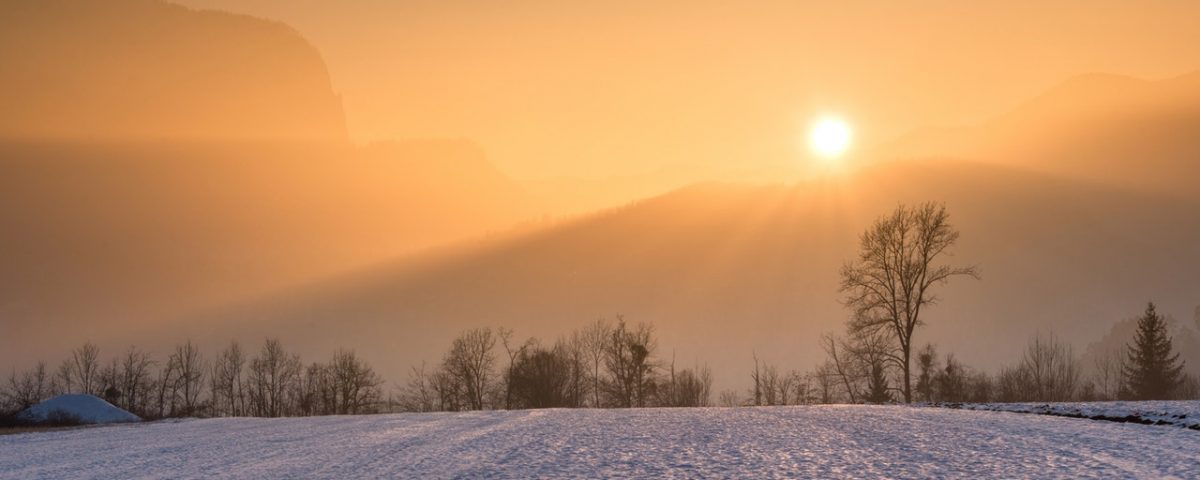5 Winter Protection Tips For Plants

Halloween Landscaping Ideas
October 27, 2018
Why Choose a Stonework Patio?
November 24, 2018
Not all plants are able to survive the winter without a bit of help. Even though they may be perennials, certain plants and shrubs do not have the strength to withstand the seasonal changes without providing them with some extra care. In this article we’ll go over the various elements and how they can affect your plants when the seasons change while giving some tips on how you can help them withstand the colder weather and protect your landscaping.
Snow
Snow itself isn’t much of a problem. Eventually it will provide moisture to your plants. However, the weight of excess snow can break tree branches or flatten smaller plants completely. Keeping larger trees free of snow isn’t easy, but they’ll be better equipped to handle snow loads themselves. Smaller trees and plants can be protected with a garden netting wrap or have them covered completely with a solid structure.
Cold
Harsh winter temperatures will not only affect a plant’s foliage, but also its root system. And although damaged leaves can grow back in the spring, root systems that become frozen have little chance of regenerating. Ensure that any bare ground surrounding the plant is covered with mulch or some other type of ground cover such as styrofoam domes or lightly packed snow.
Wind
Winter winds can dry out plants that don’t have the ability to recover the moisture from the frozen ground. Ensure that your plants are well watered before winter arrives and protect them from the wind with wrappings or snow fences.
Sun
You might not think the sun would be a problem for plants in the winter, but exposure to too much sunlight during the dormant season can actually reawaken a plant and cause sap to start flowing. When the temperatures drop again, the flowing sap can freeze and damage the plant’s cellular structures. Small shrubs and trees are most susceptible to this problem and should be encased in burlap or tree wrap.
Salt
Salt used to melt snow and ice on sidewalks can be extremely detrimental to plant life. Salt will dry out the plants and restrict their access to moisture. The best defense against salt poisoning is to not use it on your property in the first place. Judicious shoveling as soon as the snow falls will reduce the chances of ice forming. Alternatively, use sand or kitty litter to improve traction.




